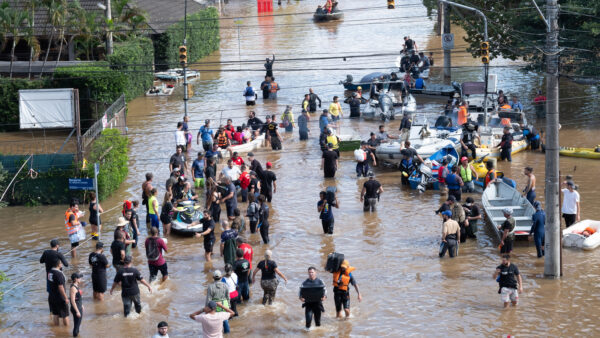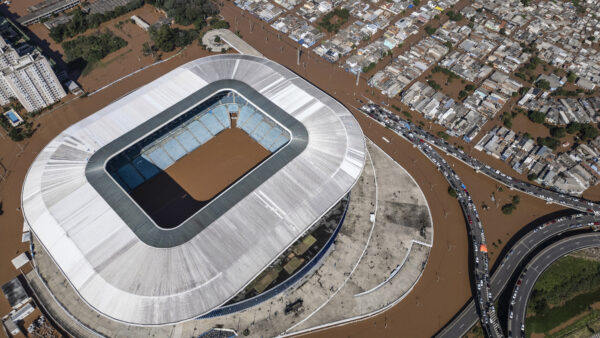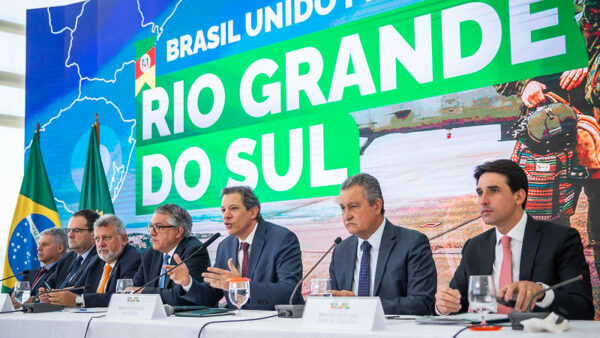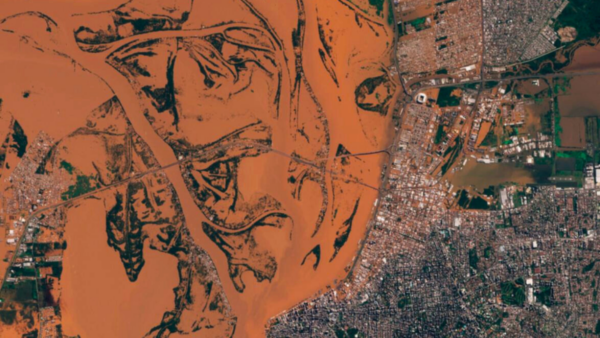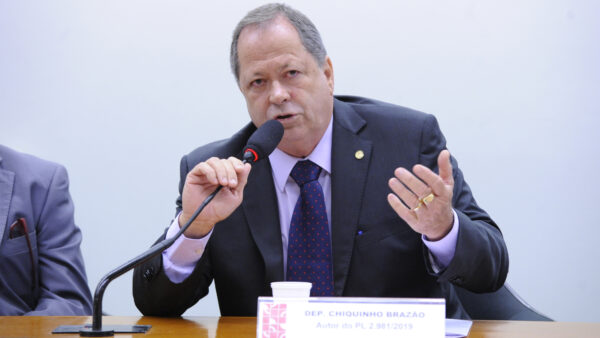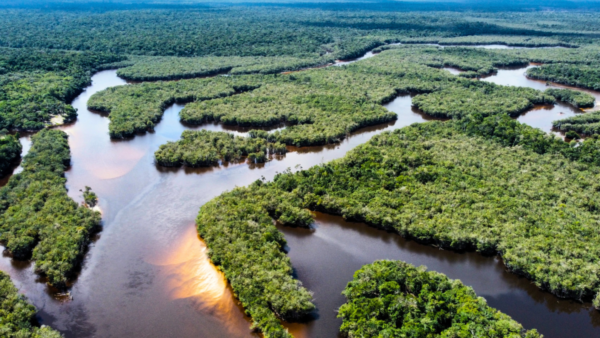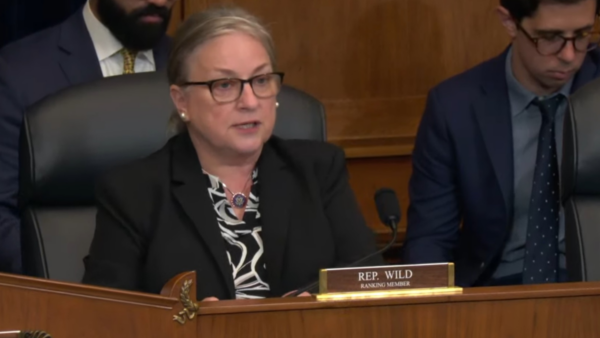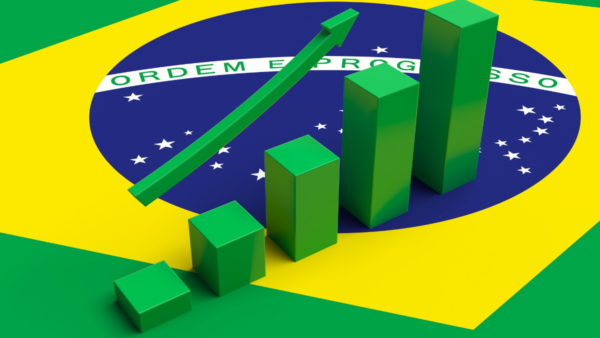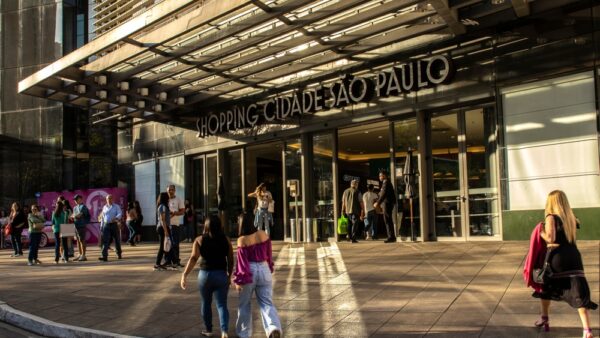Partly contradicting predictions, presidential elections in Guatemala will go to a runoff vote on August 20 that pits former First Lady Sandra Torres (an on-and-off ally of outgoing President Alejandro Giammattei) against former diplomat Bernardo Arévalo, the son of former left-wing President Juan José Arévalo.
With over 98 percent of the ballots counted, electoral officials in Guatemala showed Ms. Torres in the lead with just 15.7 percent of the vote, placing her in a second-round dispute for the third time this century.
Ms. Torres is the former partner of late President Álvaro Colom, and has led a right-wing turn in her National Unity of Hope (UNE) party, a traditionally social-democratic group that has nevertheless voted with the authoritarian Giammattei administration on multiple congressional initiatives.
Her rival will be 64-year-old Bernardo Arévalo, a left-leaning former lawmaker who also served as Guatemala’s ambassador to Spain and Foreign Affairs Minister. He received 11.8 percent of the vote on Sunday, a much stronger performance than anticipated.
The leader of the Movimiento Semilla (Seed Movement), a political party founded only six years ago, Mr. Arévalo is the son of former left-wing President Juan José Arévalo, known for enacting a strong progressive agenda later overturned by a coup in 1954, including a mandatory minimum wage and a stronger welfare state.
The two frontrunners celebrated the results, promising to spare no effort to win the second round, scheduled two months from now after no candidate received over 50 percent of the valid vote.
Sunday’s turnout was above 60 percent, not far from the level registered in the previous presidential vote in 2019. But a quarter of the ballots were spoiled — in what seems like a statement of Guatemalans’ skepticism about the election.
This weekend’s vote, however, was not trouble-free. Fueled by allegations of corruption and vote buying, disturbances and small-scale protests were reported in several regions, with at least 11 people arrested.
These events added to an already worrisome electoral context that included the controversial exclusion of four candidates, as well as a massive judicial crisis and “severe violations” of human rights, according to the Inter-American Commission on Human Rights.


 Search
Search